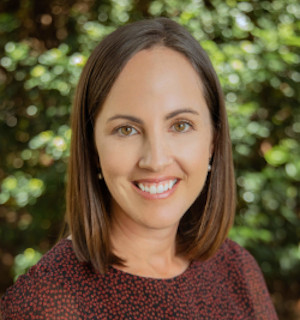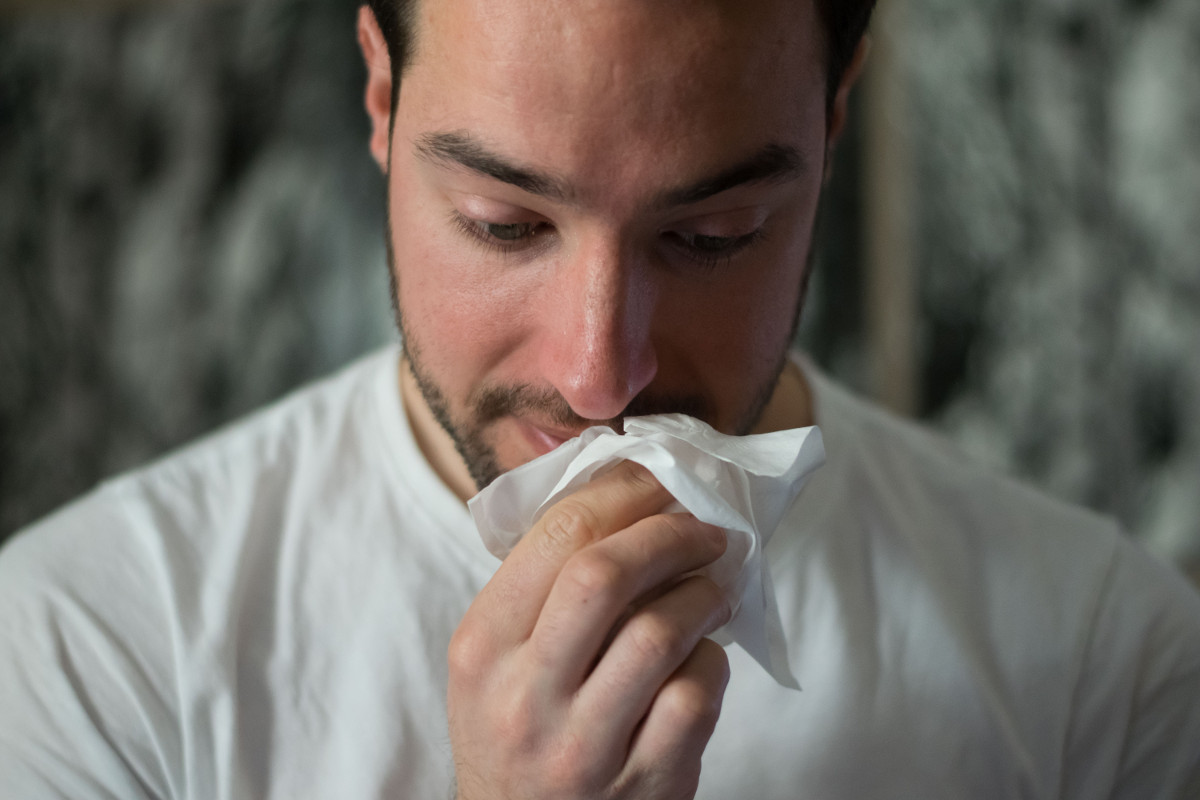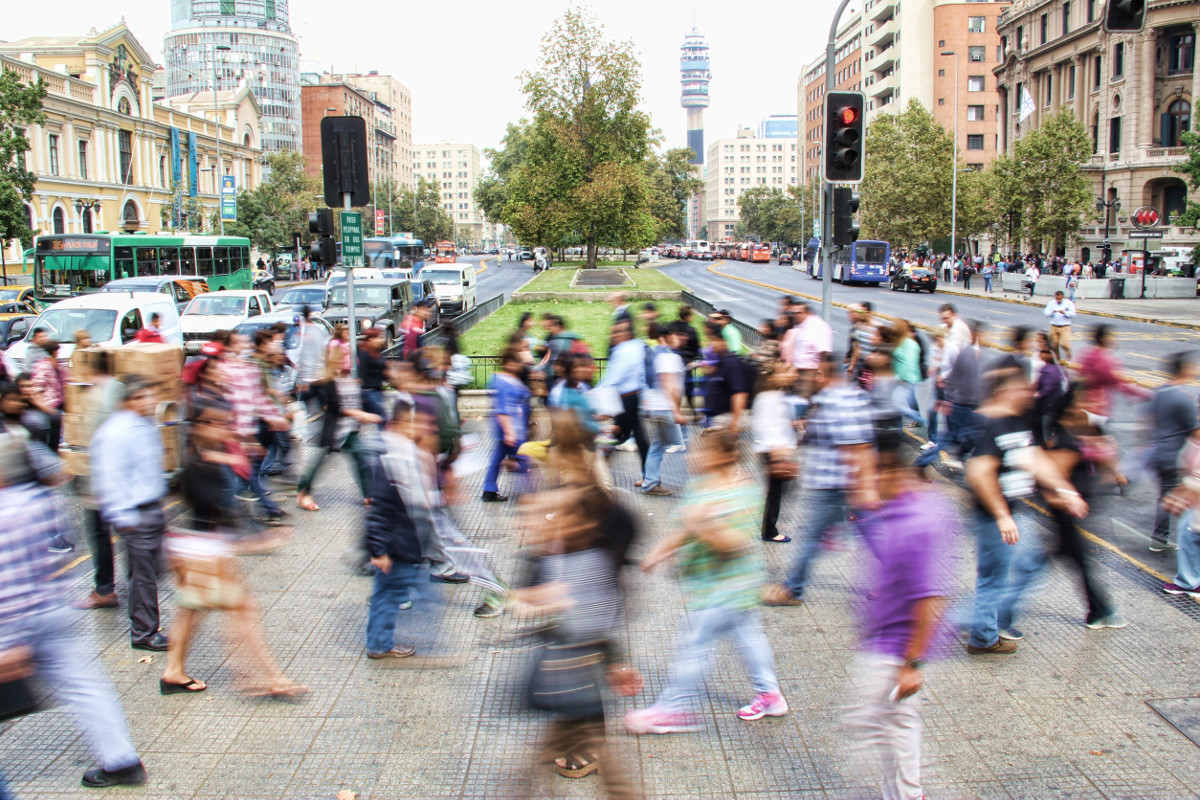“What is normal for the spider is chaos for the fly.” – Morticia Addams
You’d be forgiven for thinking we are in COVID-normal right now. Lockdowns are a thing of the past, we can attend thousand-fold festivals, and even international travel is back on. Yes, we still need to wear masks in certain settings, and isolate when COVID-positive, but despite all this we are closer to normal than abnormal.
So why doesn’t it feel normal?

Jill Newby BDI Headshot. Image Supplied
“Well, I think it’s the difference between all of the restrictions ending and us having the freedom to potentially do what we want, compared to the last couple of years,” says Jill Newby, Associate Professor in Psychology at University of New South Wales and Clinical Psychologist at the Black Dog Institute.
“The reality is the numbers of cases are still incredibly high and people are still dying from COVID and there’s lots of hospitalizations. People in the community know that – they have friends, they have family members, they have themselves getting COVID-19.
“So, it’s that stark difference between what they’re experiencing versus what the restrictions that have been lifted are.”
The awful truth is that despite how normal it seems, we are nowhere near out of the woods yet. As well as the ongoing health concerns in the community, there are still a few restrictions wreaking havoc on our mental health. We still need to isolate when we test positive for COVID-19, many of us must test ourselves daily for work, and we still have to wear masks in hospitals.
“There’s a huge amount of collective stress,” Jill continues. “In the last couple of years there has been this ongoing cumulative stress – where one stress piles on top of another and it just keeps going – and those two years have been incredibly difficult for a lot of the community.
“I think the other reason why this doesn’t feel normal for many people is they’re still adjusting to that. Two years of collective stress – to navigate all the challenges of COVID and the fallout of that – and the worry of getting COVID-19 and other people getting COVID. It takes time to adjust to that.
“What the research is showing is that we’ve had almost double the rates of anxiety and depression than before the pandemic. We’re seeing that a lot already.
“The other impact is the strain on the mental health system, because if you’re getting double the amount of the community experiencing depression and anxiety, which are the most common mental health illnesses, then you’re going to have a strain on the services that are available.”

Man holding tissue. Photographed by Brittany Colette. Image via Unsplash
While most of the world suffered with COVID-19 from the get-go, Australia is only just feeling the real health effects now. With our past international border restrictions, we were able to keep COVID out, and our lockdowns kept the few hiccups at bay. It was only around November 2021 when the cases across Australia went out of control, with hospitalization rates peaking the highest in January 2022.
It feels like the pandemic has restarted.
“And the flu plus COVID hanging around is going to be quite difficult this winter,” says Jill. “The flu’s not pleasant either; it can be very deadly for some people – especially immunocompromised people. And given that people have been so stressed, that also affects their immune system – so they’ll be more likely to get sick. And not just with COVID-19, but with other illnesses and injuries.
“So we’re likely to see that this year as well, and that will make people feel not normal as well because they’re getting sick more than usual.”
And with sickness comes more people having to isolate. Nobody wants to be at work with the sniffles, even if they test negative on a rapid antigen test. For those on an annual salary, this may not be as big of an issue; but for all those on an hourly rate, it will bring added stress to their finances.
We’re not used to this, and that’s why it doesn’t feel normal.
“Normal differs depending on the individual,” says Jill. “One person’s normal is another person’s out of the ordinary. This new normal has given a lot of flexibility to a lot of people who are working from home which is a good thing.
“But then there are other things which are lot more challenging, like for parents with kids who are getting sick and where there are not enough teachers to go around because they’re getting sick as well and having to isolate.”
We also have to remember that some people don’t have family members in nursing homes, or friends who are immunocompromised. But there are those who do. There are people who are financially stable, and others who are flailing paycheck to paycheck. This fresh wound that has opened from the new pandemic is making far too many of us feel uncertain. And the uncertainty is palpable.
But Jill offers hope:
“I don’t think it’s even possible to feel completely certain,” Jill says. “Uncertainty is normal and common, and it’s something we all have to adapt to.
“What we can do, though, is control what’s under our control. It might be our behaviour or our home environment, or learning new strategies to manage or control worrying so it doesn’t affect us.”
You can’t stop the pandemic, but you can control the way it affects you. All the decisions you make today are yours to choose. Do what you can to make YOU happy. Make your home environment a sanctuary, alter your day to suit your mentality, and, as Jill says, find new strategies to control your worries.
The awful truth is that you’ll never stop your worries. It’s good to have them, as they help you make good decisions. But you can react to them differently. You can simply accept the worries rather than dwell on them. And to get your mind off them, focus on the real world around you. Focus on your passions, do things you like, talk with your friends and family about something other than the pandemic.
“Uncertainty is always going to be around and we need to learn how to adjust to it,” says Jill. “Because life is uncertain, and the future is uncertain as well.”
Help is always help available. The Black Dog Institute has amazing online resources to help you overcome your worries. Or call Lifeline Australia on 13 11 14.
Stay on track with our guide on How to Stay Motivated to Achieve Your Goals in 2022. And if you need some downtime, we’ve found the Top 10 Meditation Apps of 2022.


